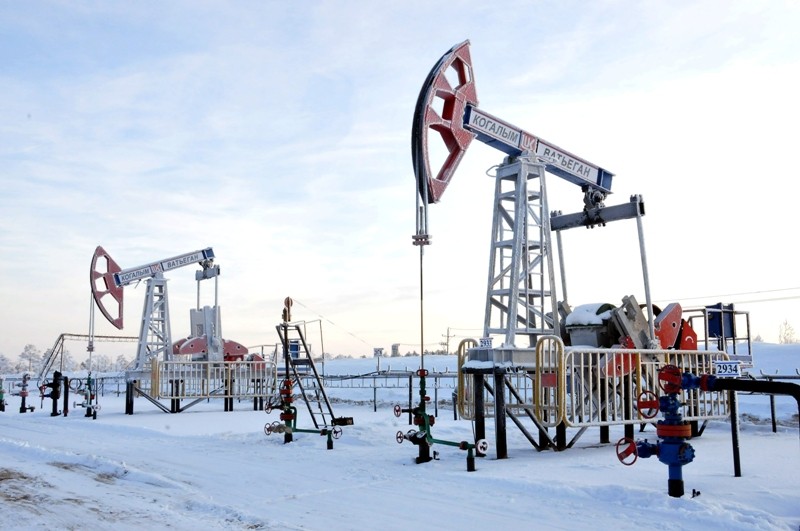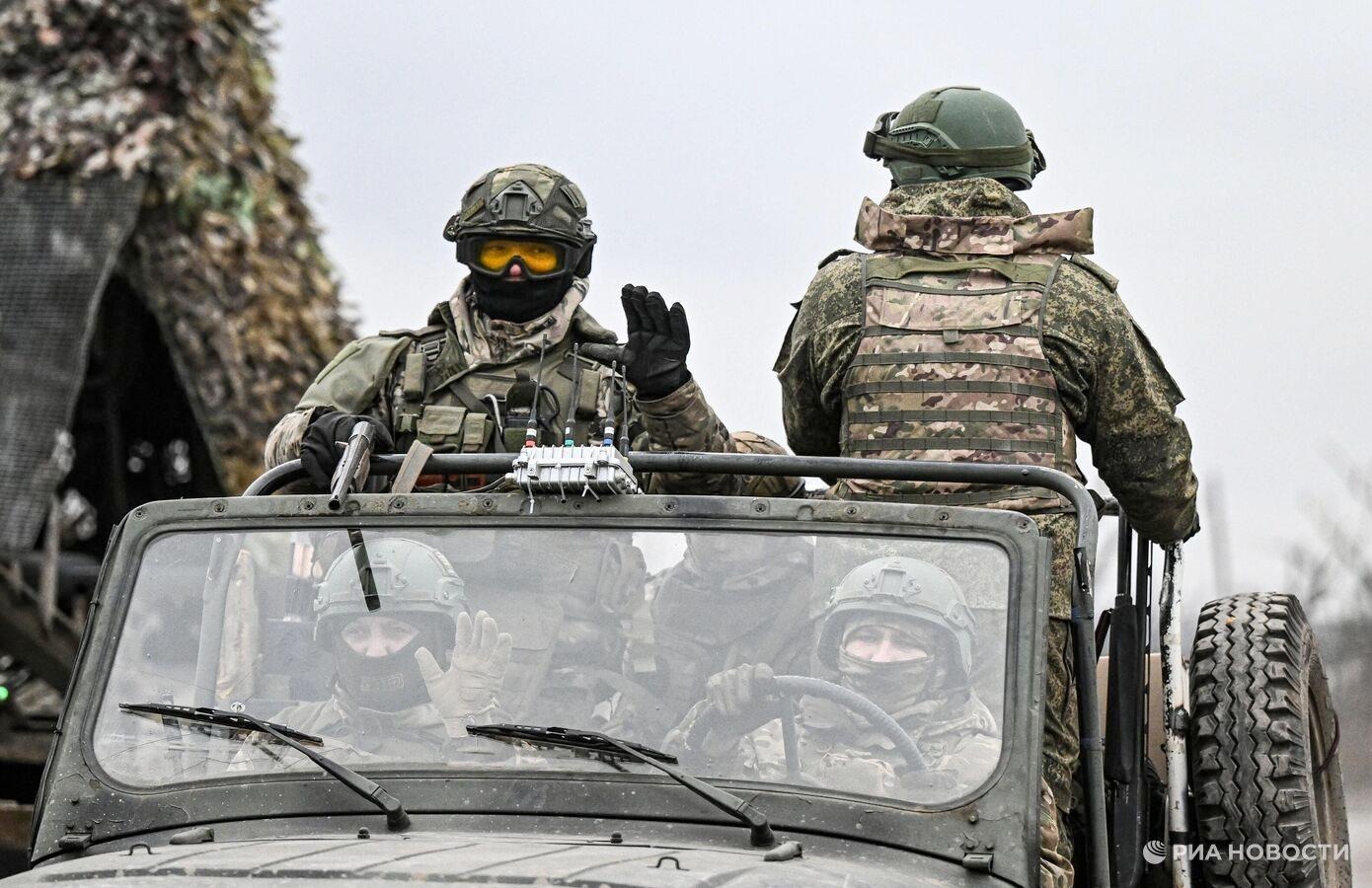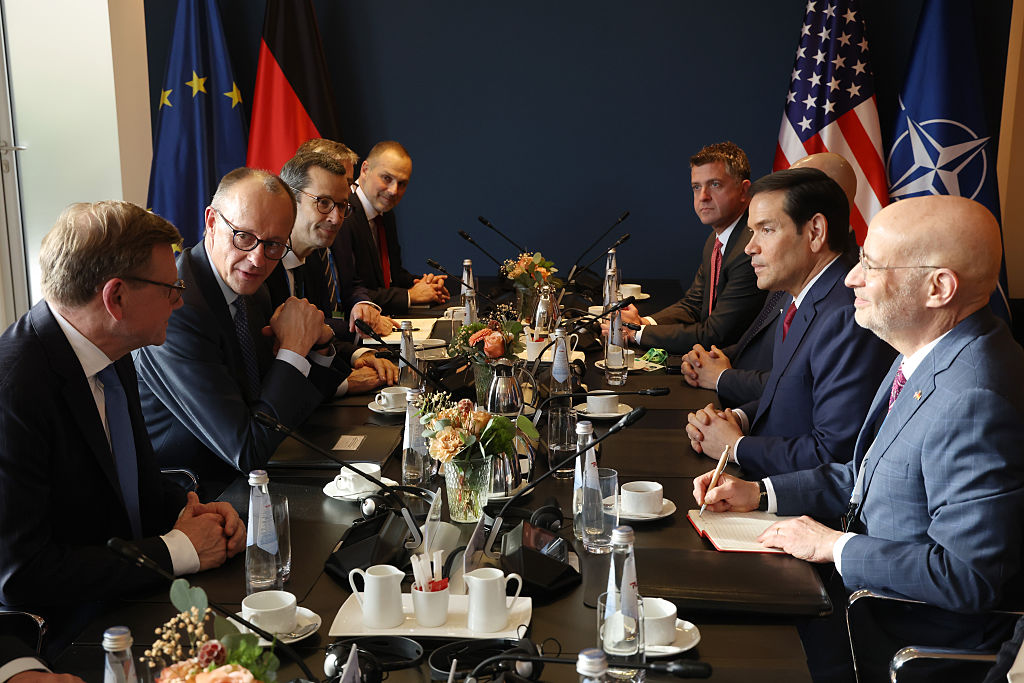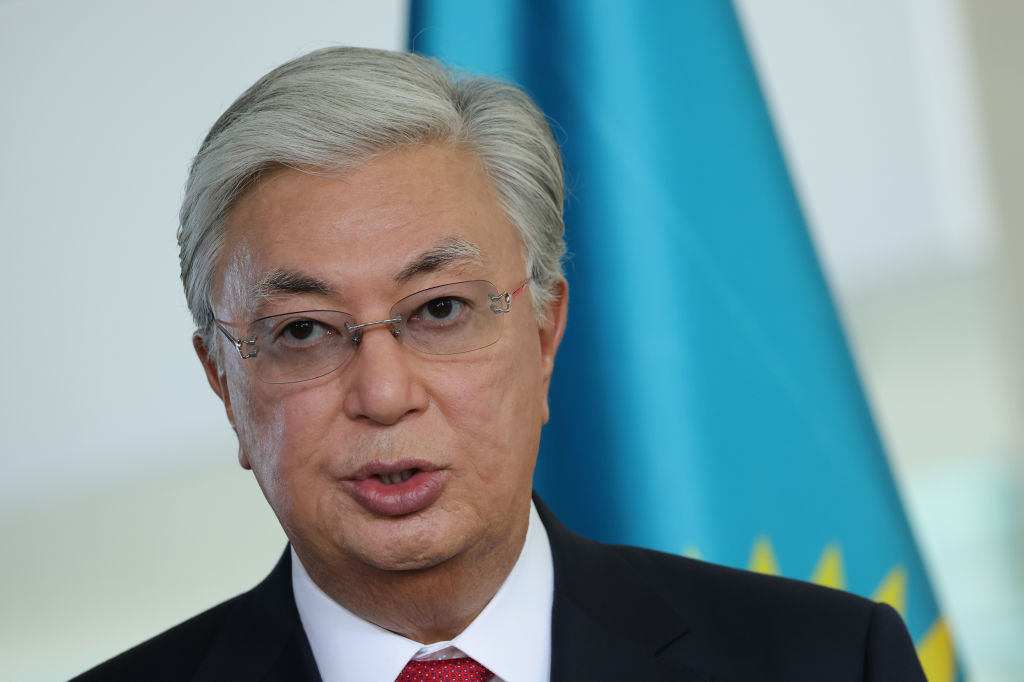
Russian Energy Industry Faces Looming Investment Crisis
Russian Energy Industry Faces Looming Investment Crisis
The 2023 UN Climate Change Conference (COP28), currently taking place in Dubai from November 30 to December 12, is missing contributions from one major energy power—namely, Russia. Many countries are guilty of pledging to curtail emissions then departing from their plans and falling short of the United Nations’ ambitious goals (Kommersant, November 30). Moscow sees the prospects of a “green transition” as a challenge to its international position and treats it as a security threat (The Moscow Times, November 30). The Kremlin’s stance requires sustained political attention on and investment in the oil and gas industry. The economic consequences of Russia’s war against Ukraine and related Western sanctions have made keeping up with this policy nearly impossible for Moscow.
Russia has had limited success in trying to raise oil prices to increase petro-revenues. On the opening day of the COP28 summit on November 30, the Organization of the Petroleum Exporting Countries (OPEC), led by Saudi Arabia with Russia as an engaged non-member in the OPEC+ format, finalized the decision to reduce production quotas in an effort to boost prices (Kommersant, November 30). Russia, however, has committed to only a small reduction of its exports of petroleum products, leading the benchmark Brent price to drop rather than spike (RBC, November 30). Moscow’s plan to integrate into every available market niche while talking other producers into making prudent steps toward price-boosting was transparent to many of the OPEC negotiators, who have little tolerance for such free-riding behavior.
The expanded secrecy in Russia’s oil and gas sector has not concealed Moscow’s plans as much as Russian officials might have hoped. It is clear to the experts advising OPEC decision-makers that production assets in Western Siberia have been over-exploited so severely that a sharp decline in Russian output is nearly inevitable in the coming years (Moscow times, November 24). Igor Sechin, head of state-owned oil giant Rosneft and long-time trusted associate of Russian President Vladimir Putin, recently shed light on this unfolding crisis (TASS, November 29). Sechin met with Putin on December 1, but official information on this meeting has yet to be released.
The day before, Sechin published a statement criticizing the policies of the Russian Finance Ministry and Central Bank regarding Russia’s energy sector (BFM.ru, November 30). Sechin criticized the frequently changing and steadily increasing tax rates, which have undercut the investment programs of many corporate actors (Business-Gazeta.ru, November 30). The tax burden is set to become heavier as Putin signed the 2024 state budget last week with record-high expenditures planned for defense and security needs (Republic.ru, November 28). This budget predicts modest growth for gross domestic product and plans for a significant increase in revenue, both extremely optimistic assumptions (The Insider, November 29). The Finance Ministry is pressuring all regions, even Chechnya, to collect more taxes and take cuts in federal support (Svoboda.org, November 28). Moscow’s main aim is fixed on extracting more taxes from the production and export of oil and natural gas supplies (Forbes.ru, November 28; Nezavisimaya gazeta, November 30).
Sechin also vocalized his qualms with the Central Bank’s extremely rigid monetary policy. The bank has kept interest rates at 15 percent, while official estimates for inflation stand at 7.5 percent (Vedomosti, November 29). The need to compensate for all the additional money being pumped into the military-industrial complex has necessitated restricting funding to other sectors and businesses (TopWar.ru, November 24). This combination of simultaneously expanding and restricting money supply has made the ruble increasingly unstable. Nevertheless, the Kremlin’s orders continue to compel the Central Bank to keep the ruble’s value above the politically sensitive mark of 100 rubles per US dollar, even if it needs to be artificially inflated (Novayagazeta.eu, November 29).
Sechin did not mention the impact of Western sanctions on Russia’s financial health and oil and gas industry. Mainstream experts in Moscow continue to push the narrative that sanctions have failed to prevent economic recovery, failing to mention the deepening distortions in the structure of imports and falling export revenues (PublicO.ru, November 27). Fine-tuning sanctions is a permanent process, and Russian officials seem to be the most worried about the European Union’s potential decision to use frozen financial assets, estimated at over 200 billion euros (about $216 billion), to support Ukraine’s reconstruction (RBC.ru, November 30).
Putin’s newly issued instruction for Rosneft and its many subsidiaries to disclose as much or as little information as deemed necessary helps the corporation present an upward trend for its activities (Forbes.ru, November 27). The presidential leniency allows Sechin to trumpet achievements produced by inventive accounting and camouflage accumulating problems (Nezavisimaya gazeta, November 30). Operating the “shadow fleet” of Russia’s falsely registered oil tankers has become increasingly costly, as even India is more attentive to sanctions targeting specific vessels (Lenta.ru, November 29).
Deeper hidden problems threaten to derail the much-promoted Vostok Oil project on the Taimyr Peninsula in northeastern Siberia. Huge investments have already been sunk in this project, and trillions of more rubles have been requested (Interfax, September 11). Rosneft’s plan to export 30 million tons of crude oil from this project in 2024 is unrealistic. The further the launch date is pushed back, the higher the possibility of fraud and profiteering (Moscow times, November 29). Rushing infrastructure construction without proper control and access to modern technology increases the risk of environmentally catastrophic accidents, which largely explains the failure of Rosneft’s flagship project (Sibreal.org, November 23).
The possibility of a man-made disaster underscores the scope of mismanagement, neglect of safety measures, and corruption in Russia’s energy industry. The oil and gas industry, which used to enjoy Putin’s privileged attention, has become a major victim of the Russian economy’s reorientation to provide for military needs in Ukraine. The expropriation of petro-revenues and rerouting them to the military-industrial complex may resemble the old Soviet model. The extraction of hydrocarbons, however, is a very different business today. Modern technology is needed for the oil production from the deep horizons of “brownfields.” Partnerships with major Western energy companies, such as ExxonMobil, TotalEnergies, and Haliburton, are crucial to Russia’s energy industry. As these partnerships have broken down, Russian corporations, including Rosneft, have been reduced to over-exploitation of their core assets. Thus, Putin’s war of attrition against Ukraine is set to further erode the effectiveness of Russia’s oil and gas sector.


